Which quote embodies the best of Williams?
1. “We are so fortunate and proud to be part of this exceptional group of brilliant and interesting faculty and students, the likes of which you’ll find nowhere else.”
2. “As a result of what we have been lucky enough to discover here, we are humbly eager to expand our boundaries and to respect, learn from, and share with everyone.”
It has to be number 2. What we learn from our colleagues and students makes us appreciate other people and other institutions more, not less.
Inclusiveness is the motto of my own department (MathStats). Our students go out and do everything, only a few go on in mathematics, and we’re equally proud of all of them including students who have never taken a math class, but maybe come to a friend’s math colloquium or meet one of us at a Neighborhood event.
Williams does have “elite” associations like Phi Beta Kappa. But the purpose is not to honor the members; it is to include the whole community in the love of learning.
Spencer Flohr ’14 has an excellent post at http://WilliamsAlternative.com on “The Echo Chamber of Elitism,” in which he eloquently describes some of the dangers of elitism:
…The process of acculturation, of becoming a right-thinking elite at one of a few anointed institutions crowds out incipient unorthodox voices in the continuing dialogue of decision-making. Heterodoxy can be nipped in the bud, because it is never given a chance to compete on equal ground with the orthodoxy to which it is opposed.
And yet another unfortunate unintended consequence may result from such concentration of influence: talented people, rather than trying to develop their unique skills to the fullest and thus producing the greatest benefit to society, will instead expend their energies jumping through the hoops which have become the de facto means of becoming successful .
Even George W. Bush and Al Gore, despite egregious errors in practice, agreed on humility in theory in their presidential debates http://www.pbs.org/newshour/bb/politics-july-dec00-for-policy_10-12/:
GOV. GEORGE W. BUSH: If we re an arrogant nation, they ll resent us; if we re a humble nation, but strong, they ll welcome us. And our nation stands alone right now in the world in terms of power, and that s why we ve got to be humble…
VICE PRESIDENT AL GORE: I think that one of the problems that we have faced in the world is that we are so much more powerful than any single nation has been in relationship to the rest of the world than at any time in history, that I know about anyway, that there is some resentment of U.S. power. So I think that the idea of humility is an important one.
When I was making my decision to come to Williams in 1987, I particularly liked it that the students did not take themselves too seriously. We love Williams, but thank goodness we haven’t lost our sense of humor.
I say, let’s think less of ourselves as a tight community of highly intelligent, highly talented people leading the world and more of ourselves as a community welcoming, including, and respecting all within and without as equals.
Originally posted at WilliamsAlternative.com

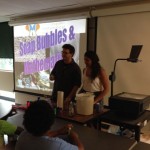
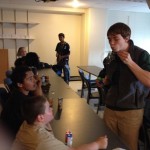
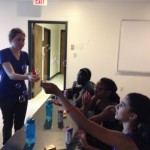
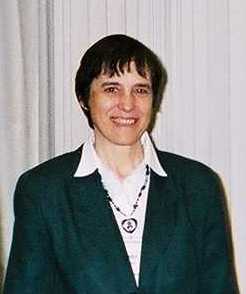
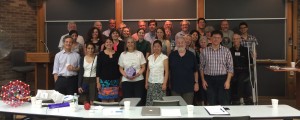
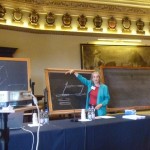
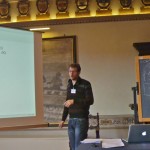
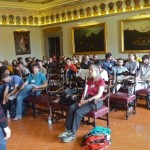
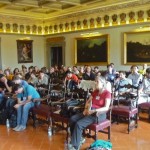
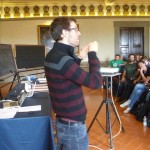
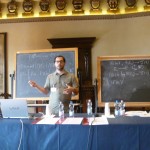
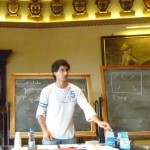
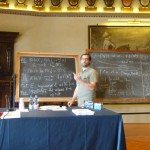



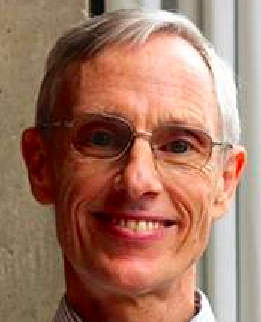 Welcome to my blog. I also have a blog at the
Welcome to my blog. I also have a blog at the